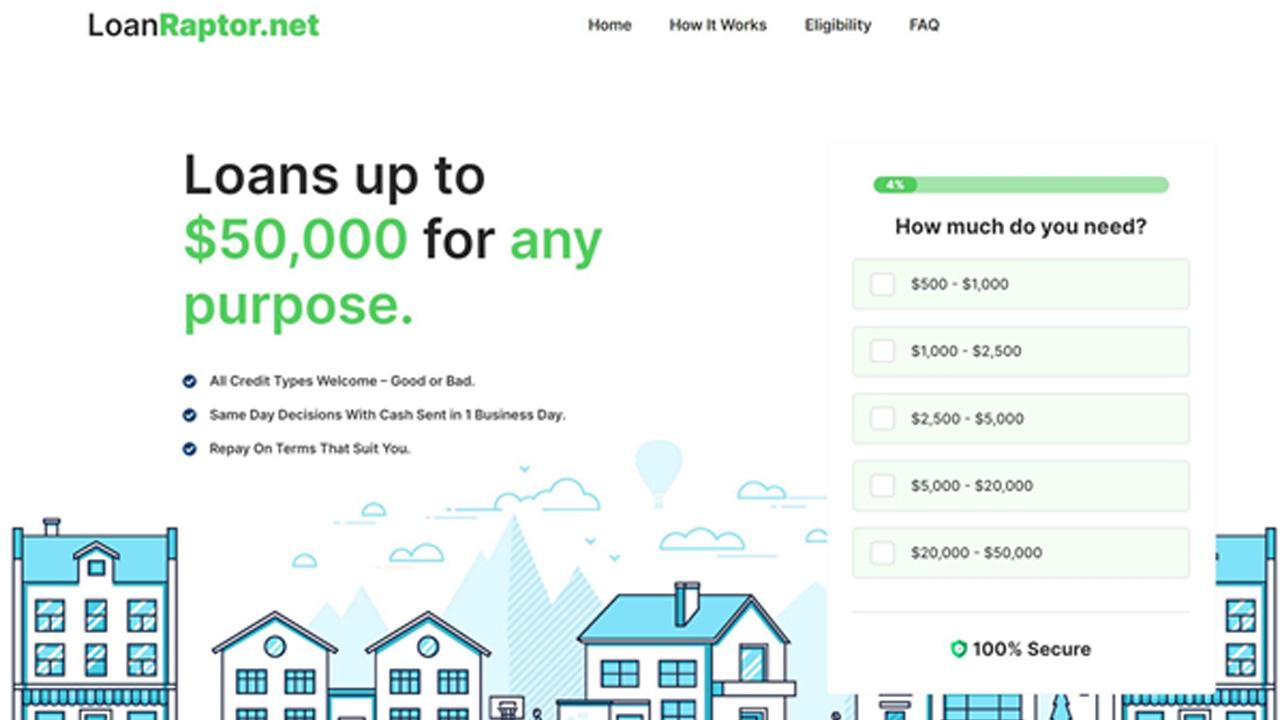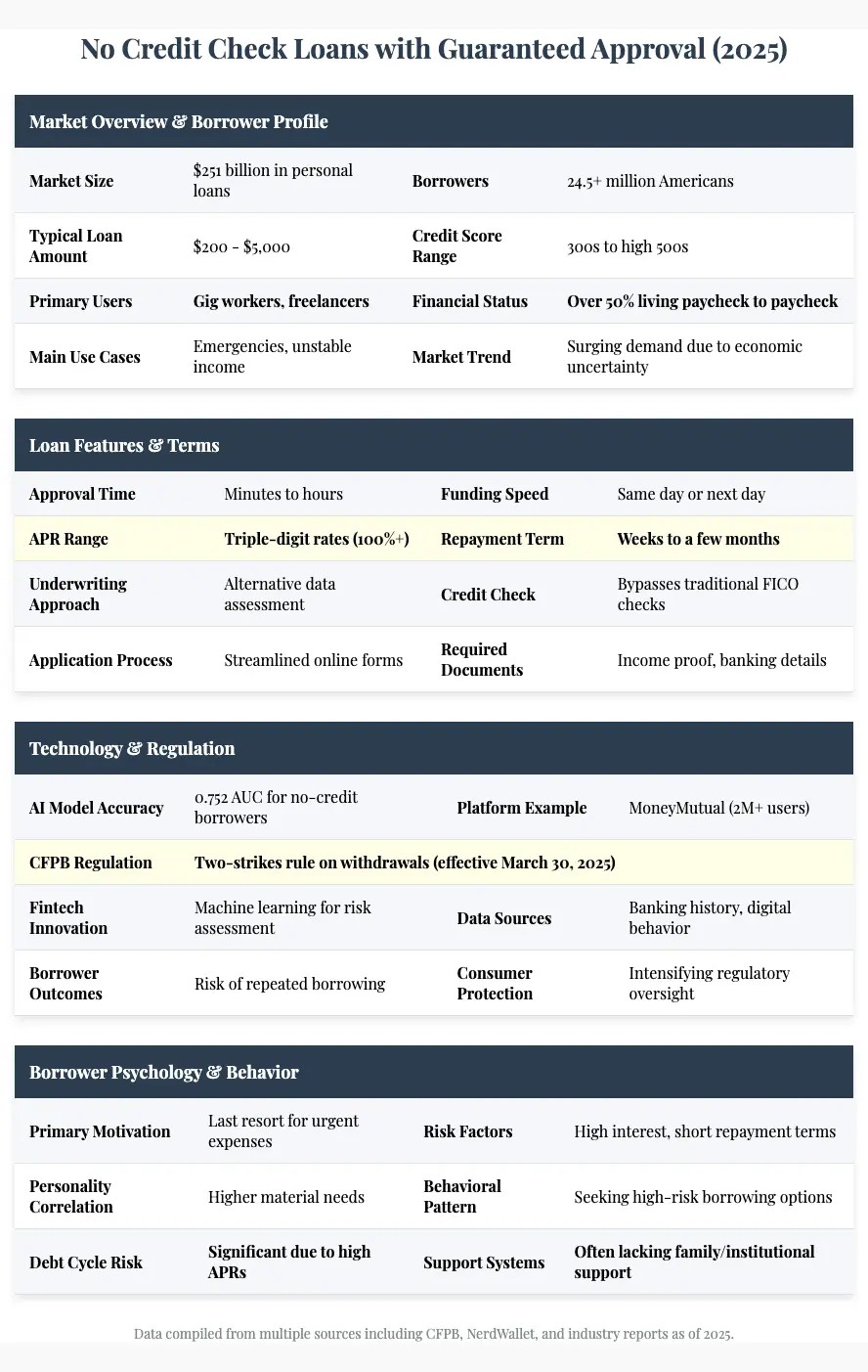Title Loan No Credit Check Guaranteed Approval

The allure of quick cash can be powerful, especially when facing urgent financial needs. But promises of "Title Loan, No Credit Check, Guaranteed Approval" can be a dangerous siren song, luring vulnerable individuals into a cycle of debt that can be difficult to escape.
This article delves into the reality behind these offers, exploring the mechanics of title loans, the potential risks they pose, and the regulations – or lack thereof – that govern this industry. We will examine the true cost of these loans, the potential for predatory lending practices, and alternative options available to those in need of immediate financial assistance.
Understanding Title Loans
A title loan is a short-term, high-interest loan that uses your vehicle title as collateral. Unlike traditional loans, your credit history often plays a minimal role in the approval process.
The lender assesses the vehicle's value and offers a loan based on a percentage of that value, typically ranging from 25% to 50%. The borrower retains possession of the vehicle but signs over the title to the lender.
The "No Credit Check" Myth
While advertised as "no credit check," lenders often conduct a cursory review of the applicant's ability to repay the loan. This review may involve verifying employment or income, but it rarely involves a thorough credit check like those performed by banks or credit unions.
The emphasis is on the collateral – the vehicle – rather than the borrower's creditworthiness. This focus allows lenders to cater to individuals with poor or limited credit histories who may be unable to secure traditional loans.
The Guaranteed Approval Fallacy
The term "guaranteed approval" is often misleading. While approval rates may be high due to the reliance on collateral, lenders still reserve the right to deny applications based on factors like insufficient income or discrepancies in vehicle ownership.
The advertisement is designed to attract desperate borrowers, but it's crucial to understand that no loan is truly "guaranteed." Borrowers must still meet certain minimum requirements.
The True Cost of Title Loans
The seemingly easy access to cash comes at a significant price. Title loans are notorious for their exorbitant interest rates, often expressed as an Annual Percentage Rate (APR) that can soar into the triple digits.
According to the Federal Trade Commission (FTC), the typical title loan carries a monthly finance charge of 25%, which translates to an APR of approximately 300%. For instance, a $1,000 loan could accrue $250 in interest each month.
These high interest rates, combined with short repayment terms (typically 30 days), make it incredibly difficult for borrowers to repay the loan on time. This often leads to repeated rollovers or renewals, where the borrower pays only the interest and fees to extend the loan, trapping them in a cycle of debt.
The Risk of Vehicle Repossession
If a borrower fails to repay the loan, the lender has the right to repossess the vehicle. This can have devastating consequences, especially for individuals who rely on their vehicles for transportation to work, school, or essential services.
Repossession can trigger a cascade of financial problems, making it even harder for borrowers to recover. The lender can then sell the vehicle to recoup the outstanding loan balance, often leaving the borrower with nothing.
Predatory Lending Concerns
Consumer advocacy groups often classify title loans as predatory lending practices due to their high interest rates, short repayment terms, and the risk of vehicle repossession. These loans disproportionately affect low-income individuals and communities.
The Center for Responsible Lending has consistently warned against the dangers of title loans, highlighting the potential for borrowers to lose their vehicles and become trapped in a cycle of debt.
The lack of stringent regulations in many states allows title lenders to operate with minimal oversight, further exacerbating the problem. This has led to calls for stronger consumer protections and stricter enforcement of existing laws.
Regulation and Legal Landscape
The regulation of title loans varies significantly from state to state. Some states have banned title loans outright, while others have implemented stricter interest rate caps and consumer protection measures.
However, many states still lack comprehensive regulations, leaving borrowers vulnerable to predatory lending practices. This patchwork of regulations creates loopholes that lenders can exploit, often operating across state lines to circumvent stricter laws.
Federal regulations also play a limited role in overseeing the title loan industry. While the Consumer Financial Protection Bureau (CFPB) has the authority to regulate certain aspects of the industry, its focus has primarily been on payday loans and other short-term lending products.
Alternatives to Title Loans
Before resorting to a title loan, individuals should explore alternative options for obtaining financial assistance. These options may include:
- Personal loans from banks or credit unions: These loans typically offer lower interest rates and more flexible repayment terms than title loans.
- Credit card cash advances: While still carrying high interest rates, credit card cash advances may be a better option than title loans in some situations.
- Borrowing from friends or family: This can be a more affordable and less risky way to obtain short-term financial assistance.
- Seeking assistance from local charities or non-profit organizations: Many organizations offer financial assistance programs to individuals in need.
It's crucial to carefully weigh the costs and risks of each option before making a decision. Seeking advice from a financial counselor can also be helpful in navigating complex financial situations.
Looking Ahead
The future of the title loan industry remains uncertain. Increased awareness of the risks associated with these loans, coupled with growing calls for stricter regulations, may lead to changes in the legal landscape.
However, as long as there is a demand for quick cash, title lenders will likely continue to operate, targeting vulnerable individuals with promises of "no credit check, guaranteed approval." It is imperative that consumers educate themselves about the true cost of these loans and explore alternative options before making a potentially devastating decision.
Ultimately, responsible lending practices and informed consumer choices are essential to protecting individuals from the dangers of predatory lending and promoting financial well-being. Always read the fine print. Beware of seemingly easy solutions.








